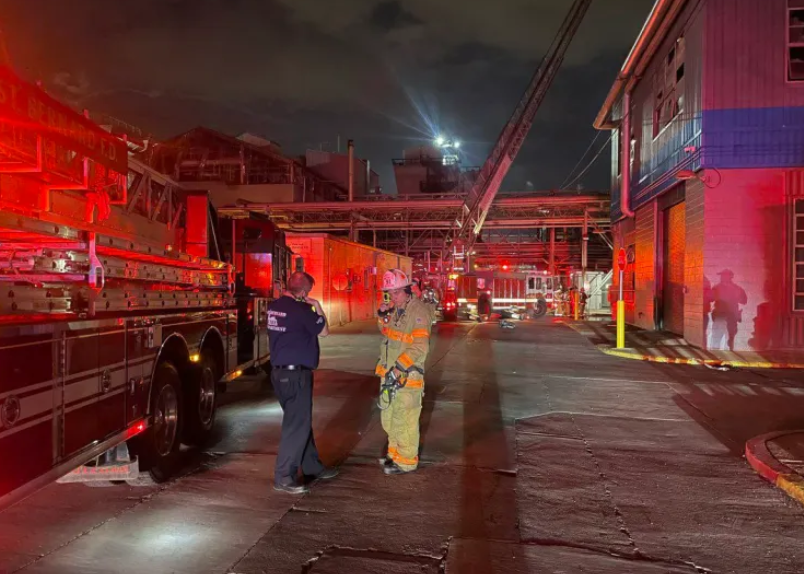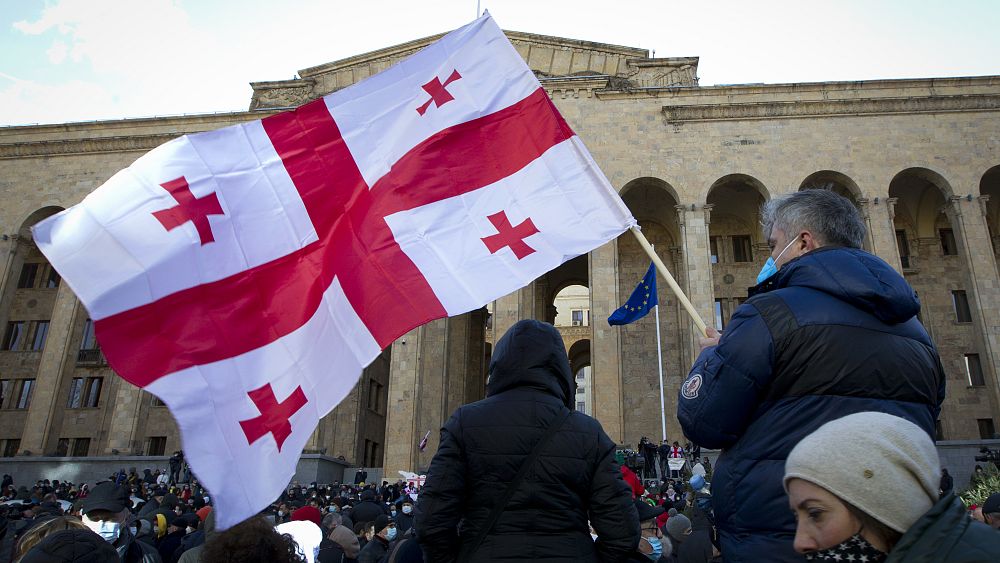While the schedule for the Korea-Japan summit is being adjusted after the government announced a solution to compensation for damages from forced labor during the Japanese occupation, the Korea-US summit was confirmed on April 26. The possibility of a Korea-Japan summit meeting being held in the middle of this month has been raised, and the schedules for the Korea-Japan and Korea-US summits are being coordinated at the same time.
The Washington Post (WP) quoted White House spokeswoman Karin Jean-Pierre as saying, “President Yoon’s state visit to the United States is scheduled for April 26, and includes a state dinner.” Previously, National Security Office Director Kim Seong-han visited the United States and finalized the schedule for the Korea-US summit.
Japan’s Kyodo News reported the possibility of President Yoon’s visit to Japan on the 16th and 17th the day before. Initially, observations were raised in and outside the presidential office that a Korea-Japan summit would be held at the end of this month, but it is said that President Yoon’s visit to Japan could take place about a week before this. In response, it is interpreted that the Japanese government is trying to conclude the Korea-Japan summit as soon as possible, taking into account Japanese Prime Minister Fumio Kishida’s departure from Germany (17th) and local elections in Japan in April. The presidential office is in an atmosphere of accepting that the Korea-Japan summit will be held this month as an established fact, even though “nothing has been decided regarding the timing of the meeting.” An official said, “There is a possibility that the date of the meeting will be announced within a few days.”
The fact that the schedule for the Korea-US meeting was confirmed on this day, prior to the Korea-Japan summit, is also interpreted as the ‘reciprocal nature’ of the US administration following the rapid improvement in Korea-Japan relations. President Yoon’s diplomacy in the first half of the year is expected to ultimately take steps to maximize security cooperation between Korea, the U.S. and Japan, as leaders of Korea, the U.S. and Japan can all attend the G7 summit to be held in Hiroshima, Japan in May.
At the cabinet meeting that day, President Yoon reiterated his will to improve Korea-Japan relations, saying, “It is clear that future-oriented cooperation between Korea and Japan will protect freedom, peace, and prosperity not only for both countries but also for the world as a whole.”
While President Yoon instructed, “Meticulously prepare and support measures to establish a cooperation system between the ministries of the two governments and substantial exchanges and cooperation between the business world and future generations,” the government took follow-up measures. First of all, the Foundation for Supporting Victims of Forced Mobilization under the Ministry of Public Administration and Security (hereafter referred to as the Foundation) will take the initiative in interviewing and explaining victims and discussing voluntary participation of the private sector in a two-track process, including consultations with the Federation of Korean Industries and Japan’s Keidanren.
The government begins the process of meeting and explaining the victims who have received the final judgment of the Supreme Court. We plan to seek final consent from the victim after explaining the government’s plan and providing guidance on future procedures if there is an intention to receive the judgment. However, three of the victims, including Grandmother Yang Geum-deok, plan to send documents to the foundation and Japanese defendant companies sooner or later stating that they cannot accept the government plan. The foundation also started discussing the enactment of a special law to comprehensively cover not only the victims of the Supreme Court’s final judgment, but also all the victims who were forcibly mobilized during the Japanese occupation, and carry out memorial and educational projects.
Reporters Ahn Seok and Lee Jae-yeon

